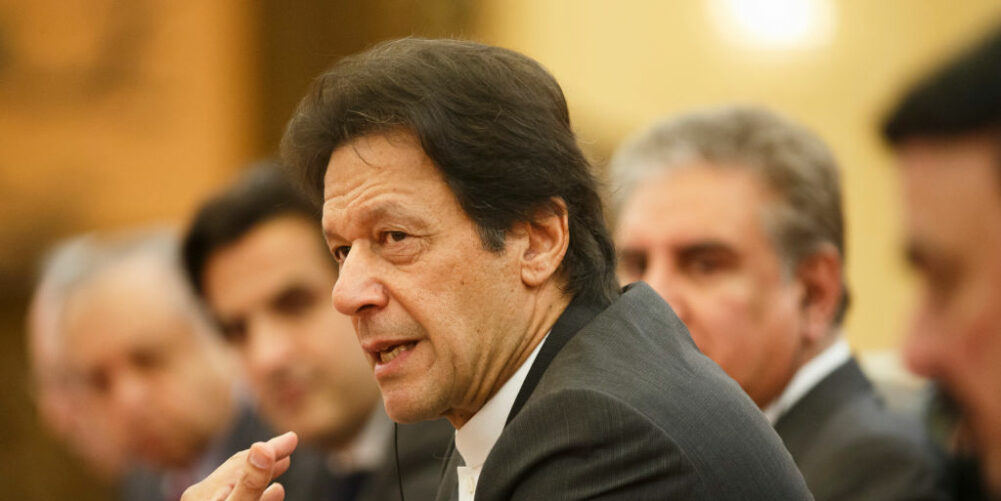There is something undeniably magnetic and compelling every time Pakistan and India square off on the cricket field. Even though the match was lopsided, no one will ever forget the swirl of anticipation and the sheer excitement during the Champions Trophy final two years ago.
It would not be mere hyperbole to state that the rivalry
between India and Pakistan is the most passionate in all of sports. It’s more
than a game for countries continually at loggerheads. When politicking gets
shoved aside, matches are seen as opportunities for diplomacy amid a volatile part
of the world, but contests between them have been sadly scarce in the past
decade.
Due to a firm stance from its government, India do not play
Pakistan in bilateral series but the teams do clash in much-anticipated matches
in ICC tournaments. To cricket’s great detriment, Pakistan and India have not
played a Test against each other since 2007. Unfortunately, the prospect of
bilateral series between the great rivals is looking increasingly forlorn. Relations between
the governments nosedived after February’s terrorist attack in
Indian-administered Kashmir, where a suicide bomber killed 40 Indian
paramilitary forces.
Pakistan-based Islamist militant group Jaish-e-Mohammad
claimed responsibility, prompting India prime minister Narendra Modi’s vow for
retaliation as tensions heightened.
The ripple effects, of course, have been felt in cricket and
could have major ramifications for the World Cup with the teams scheduled to
clash on June 16 in Manchester in the tournament’s marquee match.
At an ICC meeting in February, in a not-so-subtle attempt at getting Pakistan barred from the
World Cup, the BCCI urged the governing body to sever ties with countries from
which “terrorism emanates”.
The ICC, not renowned for its backbone, rejected the plea
but uncertainty still hovers over the much-hyped clash with the BCCI reportedly contemplating a
boycott amid the political tension. The blowtorch has been further applied from
several Indian legends calling for India to withdraw from the match.
The ICC is remaining optimistic although the stakes are
undeniably high and a boycott would ensure cricket’s showpiece descends into
high farce. Matches between India and Pakistan have produced the three highest
television ratings in cricket history behind the 2011 World Cup final between
India and Sri Lanka.
Interest for the match has been at fever pitch with World
Cup tournament director Steve Elworthy declaring it had attracted “over 400,000
applications for tickets”.
“To put that (number) in perspective, England v Australia
was around 230-240,000,” he said. “And the final was around about 260-270,000
applications for tickets.”
Pakistan Cricket Board (PCB) chairman Ehsan Mani remains hopeful the match will go ahead, but believes there should be major ramifications for India if it doesn’t. “We will play anyone,” he tells The Cricket Paper. “Sport should not be used for political purposes, but it isn’t the first time cricket has been used as a political tool.
“If attitudes don’t change, I don’t see how the 2021 (T20)
World Cup and 2023 World Cup can go ahead in India.”
There is prevailing optimism that some type of truce will be
brokered momentarily, but the likelihood of a drought-breaking bilateral series
between India and Pakistan looks increasingly bleak.
The PCB – already financially burdened from hosting matches
in the expensive UAE – misses out on the windfall from playing mighty India and recently, in a
bitter pill to swallow, had to pay (US) $1.6 million in compensation after
losing the case it filed alleging the BCCI had not honoured a Memorandum of
Understanding on proposed bilateral series. During the recent Pakistan Super League
(PSL), several Indian media outlets, including popular websites Cricbuzz and
Crictracker, terminated its coverage during the tournament almost surely due to
pressure from above.
Mani, who was the ICC president from 2003-06, believes
political differences should be put aside.
“Sport should not be used for political purposes,” he repeats. “It’s dangerous when that happens. When I was at the ICC, the situation was not much different, but the teams still played each other.”

The tense stand-off has the potential to derail some
momentum-building in Pakistani cricket after a turbulent decade marred by
harrowing scandals and being mainly unable to play at home following the 2009
terrorist attack on the Sri Lankan cricket team in Lahore.
Even without the Indian media spotlight, the latest edition of the PSL was deemed a success underlined by eight matches played in Karachi as the tournament gradually moves away from the UAE and back to its heartland.
Significantly, all overseas players involved played in the
Karachi matches headlined by Shane Watson who had previously declined
invitations. Bigger picture, it is hoped international teams will start
returning regularly to Pakistan. Zimbabwe, the West Indies and, importantly,
Sri Lanka, have played limited-overs series in Pakistan since 2015. Sri Lanka and Bangladesh might play
Test matches there in the near future, according to Mani.
A cricket powerhouse touring Pakistan would undoubtedly do
wonders and Mani believes England could eventually be enticed. “The perception
of Pakistan being dangerous is not the ground reality.
I’ve had English friends visit and they move around with no
fear,” he says.
“British Airways will soon restart flights to Pakistan and
the Deputy British High Commissioner to Pakistan has spoken about the improved
security situation in the country.”
It sounds rosy, but will seem somewhat hollow unless the boards of India and Pakistan can mend differences. Ensuring the iconic rivalry resumes on June 16 would be a move in the right direction.












